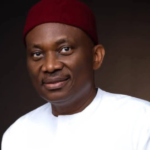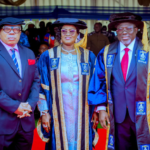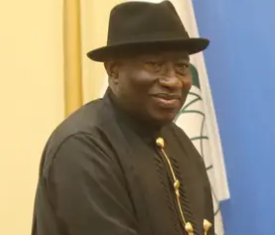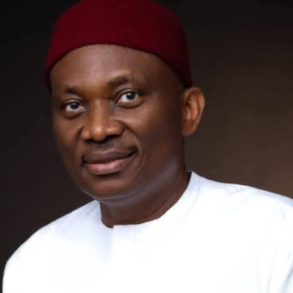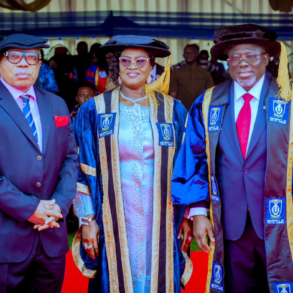Former President Goodluck Jonathan has called for far-reaching reforms in Nigeria’s electoral system to strengthen democracy, enhance accountability, and promote inclusivity.
Speaking on Wednesday at a national dialogue and the launch of the National Action Plan for Electoral Reform in Nigeria organized by the Abuja School of Social and Political Thought, Jonathan, represented by the Executive Director of the Goodluck Jonathan Foundation, Ms. Ann Iyonu, highlighted the urgent need to overhaul key aspects of the country’s electoral framework.
The former president identified three critical areas for reform: the establishment of an independent Office of the Registrar of Political Parties, the restructuring of the appointment process for the INEC Chairman, and ensuring that all post-election disputes are resolved before elected officials are sworn in.
Jonathan decried the rising trend of political indiscipline, particularly the frequent cross-carpeting of elected officials without accountability.
He proposed creating an independent Office of the Registrar of Political Parties to regulate party operations, enforce internal democracy, and sanction erring members.
“The office should have the power to declare the seat of any defector vacant. This will reinforce the principle that the mandate belongs to the people, not individual ambition,” he stated, citing Kenya and Malawi as countries where similar measures have worked effectively.
On the credibility of elections, Jonathan stressed that the process of appointing the INEC Chairman must be reformed to eliminate bias and restore public confidence.
He recommended an independent screening and nomination mechanism composed of representatives from the judiciary, civil society, academia, and professional bodies to shortlist qualified candidates for the President’s consideration.
“This reform will reduce perceptions of bias, strengthen public trust in INEC, and enhance the legitimacy of its decisions,” Jonathan noted.
The former president also called for a system that compels the resolution of all post-election litigation before the inauguration of winners.
“It creates confusion and undermines governance when candidates with unresolved election cases assume office, only to be removed later by the courts,” he warned. Jonathan suggested adopting special election tribunals with strict timelines to align with the electoral calendar.
Jonathan commended Dr. Sam Amadi, Executive Director of the Abuja School of Social and Political Thought, for his role in advancing electoral reforms, describing it as “a patriotic service to Nigeria and future generations.”
“These reforms are not partisan but patriotic. They are designed to strengthen Nigeria’s democracy, build institutions, and protect the dignity of the citizen,” Jonathan added.
He urged stakeholders to work collectively towards creating a system where elections are credible, leaders are accountable, and democracy truly delivers for Nigerians.

